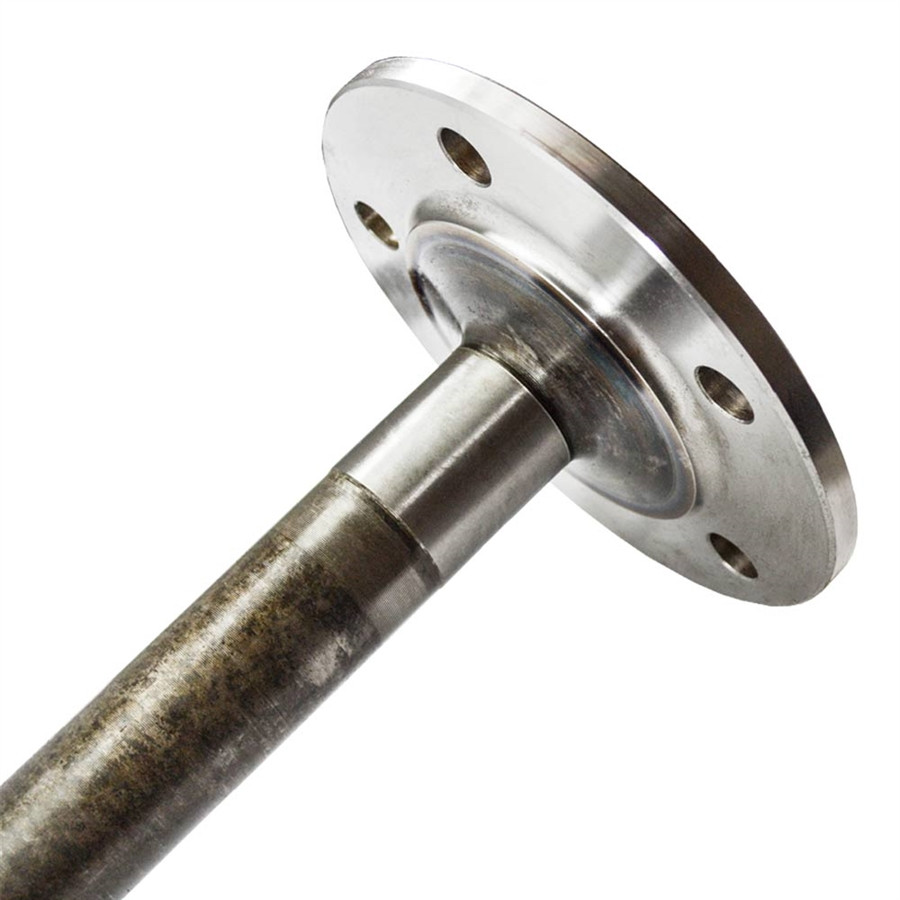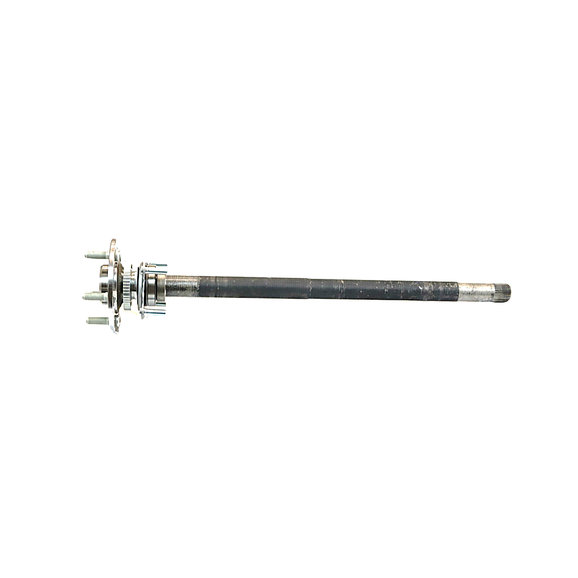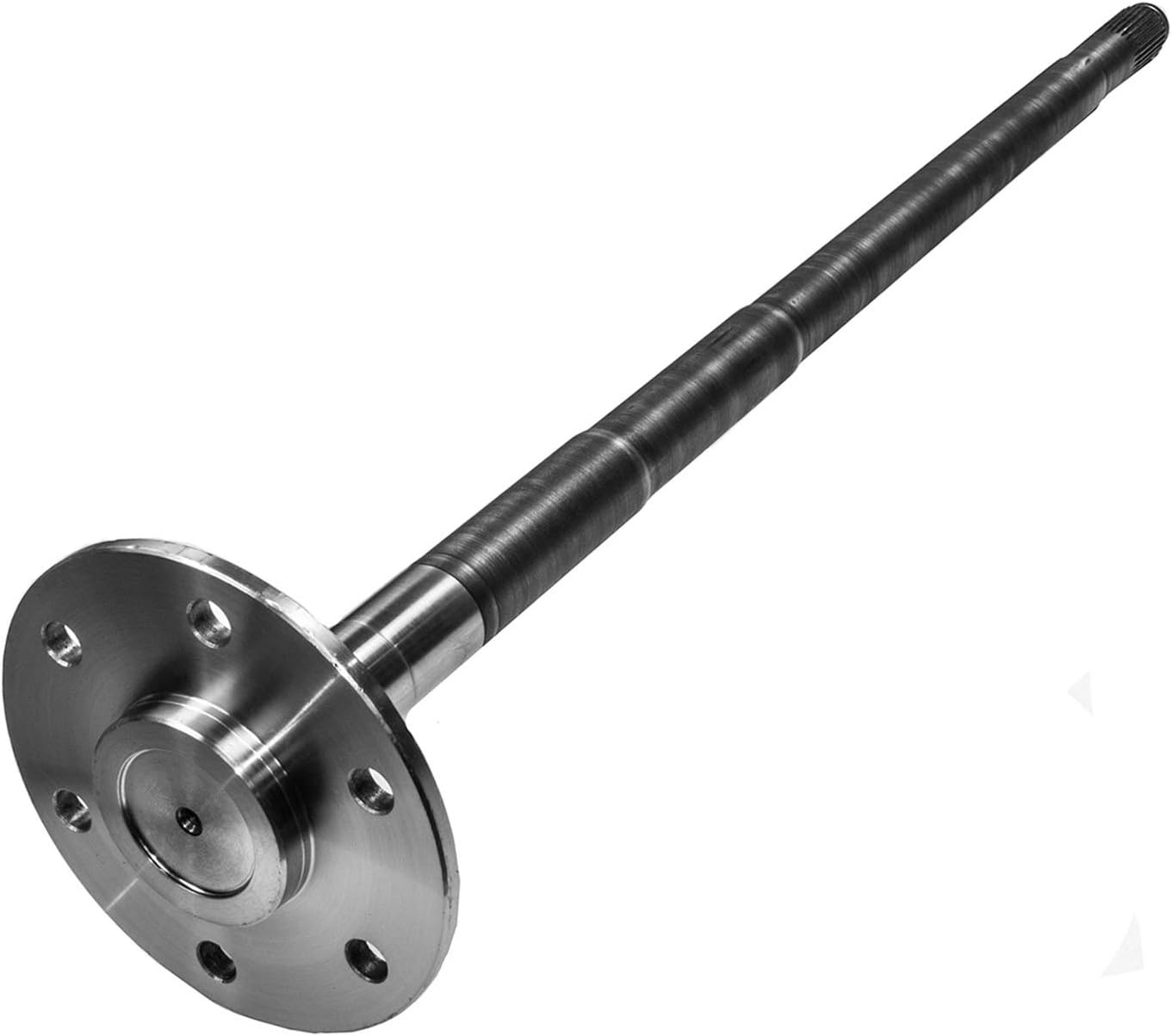Product Description
Key attributes of Customizable CNC Turning Machining Precision Metal Parts Linear Shaft Stainless Steel Shaft
Industry-specific attributes of Customizable CNC Turning Machining Precision Metal Parts Linear Shaft Stainless Steel Shaft
| CNC Machining or Not | Cnc Machining |
| Material Capabilities | Aluminum, Brass, Bronze, Copper, Hardened Metals, Precious Metals, Stainless steel, Steel Alloys |
Other attributes of Customizable CNC Turning Machining Precision Metal Parts Linear Shaft Stainless Steel Shaft
| Place of Origin | ZheJiang , China |
| Type | Broaching, Drilling, Etching / Chemical Machining, Laser Machining, Turning, Milling, Wire EDM, Other Machining Services |
| Model Number | OEM |
| Brand Name | OEM |
| Material | Metal |
| Process | Cnc Machining+deburrs |
| Surface treatment | Customer’s Request |
| Equipment | CNC Machining Centres / Core moving machine / precision lathe / Automatic loading and unloading equipment |
| Processing Type | Milling / Turning / Stamping |
| OEM/ODM | OEM & ODM CNC Milling Turning Machining Service |
| Drawing Format | 2D/(PDF/CAD)3D(IGES/STEP) |
| Our Service | OEM ODM Customers’drawing |
| Materials Avaliable | Stainless Steel / Aluminum / Metals / Copper / Plastic |
Best Seller of 304 Stainless Steel Polishing Finishing CNC Machining Bracket for Laser Cutting
About YiSheng
| Business Type | Factory / Manufacturer |
| Service | CNC Machining |
| Turning and Milling | |
| CNC Turning | |
| OEM Parts | |
| Material | 1). Aluminum: AL 6061-T6, 6063, 7075-T etc |
| 2). Stainless steel: 303,304,316L, 17-4(SUS630) etc | |
| 3). Steel: 4140, Q235, Q345B,20#,45# etc. | |
| 4). Titanium: TA1,TA2/GR2, TA4/GR5, TC4, TC18 etc | |
| 5). Brass: C36000 (HPb62), C37700 (HPb59), C26800 (H68), C22000(H90) etc | |
| 6). Copper, bronze, Magnesium alloy, Delrin, POM,Acrylic, PC, etc. | |
| Finish | Sandblasting, Anodize color, Blackenning, Zinc/Nickl Plating, Polish, |
| Power coating, Passivation PVD, Titanium Plating, Electrogalvanizing, | |
| electroplating chromium, electrophoresis, QPQ(Quench-Polish-Quench), | |
| Electro Polishing,Chrome Plating, Knurl, Laser etch Logo, etc. | |
| Main Equipment | CNC Machining center, CNC Lathe, precision lathe |
| Automatic loading and unloading equipment | |
| Core moving machine | |
| Drawing format | STEP,STP,GIS,CAD,PDF,DWG,DXF etc or samples. |
| Tolerance | +/-0.001mm ~ +/-0.05mm |
| Surface roughness | Ra 0.1~3.2 |
| Test Equipment | Complete test lab with Projector, High-low temperature test chamber, Tensile tester Gauge, Salt fog test |
| Inspection | Complete inspection lab with Micrometer, Optical Comparator, Caliper Vernier,CMM |
| Depth Caliper Vernier, Universal Protractor, Clock Gauge | |
| Capacity | CNC turning work range: φ0.5mm-φ150mm*300mm |
| CNC center work range: 510mm*850mm*500mm | |
| Core moving machine work range: φ32mm*85mm | |
| Gerenal Tolerance: (+/-mm) |
CNC Machining: 0.005 |
| Core moving: 0.005 | |
| Turning: 0.005 | |
| Grinding(Flatness/in2): 0.003 | |
| ID/OD Grinding: 0.002 | |
| Wire-Cutting: 0.002 |
RFQ of Customizable CNC Turning Machining Precision Metal Parts Linear Shaft Stainless Steel Shaft
| Certification: | ISO9001 |
|---|---|
| Standard: | DIN, ASTM, GOST, GB, JIS, ANSI, BS |
| Customized: | Customized |
| Customization: |
Available
| Customized Request |
|---|
.shipping-cost-tm .tm-status-off{background: none;padding:0;color: #1470cc}
|
Shipping Cost:
Estimated freight per unit. |
about shipping cost and estimated delivery time. |
|---|
| Payment Method: |
|
|---|---|
|
Initial Payment Full Payment |
| Currency: | US$ |
|---|
| Return&refunds: | You can apply for a refund up to 30 days after receipt of the products. |
|---|

How do axle shafts enhance the overall performance and drivability of vehicles?
Axle shafts play a crucial role in enhancing the overall performance and drivability of vehicles. These components are integral to the drivetrain system and are responsible for transferring power from the differential to the wheels. Here’s a detailed explanation of how axle shafts contribute to improved performance and drivability:
- Power Transmission: Axle shafts are responsible for transmitting power from the differential to the drive wheels. By efficiently transferring torque, axle shafts allow the wheels to rotate and generate forward motion. The proper functioning of axle shafts ensures that power is effectively delivered to the wheels, enabling acceleration, towing capability, and overall propulsion.
- Traction and Stability: Axle shafts, particularly in vehicles equipped with differential systems, play a crucial role in optimizing traction and stability. Differential systems allow for power distribution between the wheels, adjusting torque delivery based on wheel slip conditions. This helps to improve traction on various surfaces, such as slippery roads or uneven terrains. By ensuring better grip and stability, axle shafts contribute to safer and more confident driving experiences.
- Handling and Cornering: Axle shafts influence the handling and cornering characteristics of a vehicle. By transmitting power to the drive wheels, axle shafts enable precise control and responsiveness during steering inputs. Well-designed axle shafts with appropriate strength and flexibility properties contribute to predictable and stable handling, allowing drivers to navigate corners smoothly and maintain control over the vehicle.
- Load-Bearing Capacity: Axle shafts are subjected to significant loads, especially in vehicles that carry heavy loads or tow trailers. Robust axle shafts with adequate load-bearing capacity ensure that the vehicle can handle the weight without experiencing excessive deflection or failure. By providing sufficient strength and durability, axle shafts contribute to the safe and efficient transport of passengers and cargo.
- Efficiency and Fuel Economy: The weight and design of axle shafts can impact the overall efficiency and fuel economy of a vehicle. Lighter axle shafts, such as those made from advanced materials like aluminum or composites, can reduce the unsprung weight of the vehicle. This helps improve suspension response, reduce energy losses, and enhance fuel efficiency. Additionally, optimized designs and reduced friction in axle shafts contribute to more efficient power transmission, maximizing the energy utilization of the drivetrain system.
- Durability and Reliability: Axle shafts are subjected to various stresses and operating conditions, including high torque, vibrations, and impacts. High-quality axle shafts constructed from durable materials, engineered with appropriate geometries, and manufactured using advanced techniques offer enhanced durability and reliability. Reliable axle shafts minimize the risk of failures or breakdowns, contributing to the overall dependability of the vehicle.
In summary, axle shafts enhance the overall performance and drivability of vehicles through efficient power transmission, improved traction and stability, enhanced handling and cornering, adequate load-bearing capacity, increased efficiency and fuel economy, and enhanced durability and reliability. These components play a critical role in ensuring optimal power delivery, control, and safety, ultimately enhancing the driving experience and satisfaction of vehicle owners.

How does axle shaft quality impact the overall durability of a vehicle?
The quality of axle shafts has a significant impact on the overall durability of a vehicle. Axle shafts play a crucial role in transmitting power from the drivetrain to the wheels and supporting the weight of the vehicle. Here’s a detailed explanation of how axle shaft quality affects the durability of a vehicle:
- Strength and Load Capacity: High-quality axle shafts are typically constructed from strong and durable materials, such as forged steel or alloy steel. These materials offer increased tensile and yield strength, allowing the axle shafts to handle higher torque loads and support the weight of the vehicle more effectively. Axle shafts with higher load capacities and structural integrity are less prone to bending, breaking, or premature failure, ensuring long-term durability.
- Resistance to Fatigue: Axle shafts are subjected to repeated and varying loads during vehicle operation, which can lead to metal fatigue over time. High-quality axle shafts are designed and manufactured to withstand these cyclic loads without developing cracks or fractures. They undergo rigorous testing and quality control processes to ensure resistance to fatigue, enhancing the overall durability of the vehicle.
- Corrosion Resistance: Axle shafts are exposed to various environmental factors, including moisture, road salt, and debris. High-quality axle shafts often feature protective coatings or treatments, such as galvanization or specialized finishes, to enhance corrosion resistance. These coatings prevent rust and corrosion from compromising the structural integrity of the axle shafts, contributing to their long-term durability.
- Precision Engineering: Axle shafts with superior quality are precisely engineered to meet strict tolerances and specifications. They are manufactured using advanced techniques, such as forging or CNC machining, to ensure dimensional accuracy and proper fitment with other drivetrain components. Precise engineering eliminates excessive play or misalignment, reducing stress on the axle shafts and enhancing the overall durability of the vehicle.
- Heat Treatment: High-quality axle shafts often undergo specialized heat treatment processes, such as induction hardening or tempering. These heat treatment techniques improve the hardness and strength of the axle shafts, making them more resistant to wear, deformation, and surface damage. Heat-treated axle shafts exhibit enhanced durability and longevity, even under demanding driving conditions.
- Manufacturer Reputation: The reputation of the axle shaft manufacturer is also a crucial factor in determining the quality and durability of the product. Reputable manufacturers with a history of producing reliable and high-quality axle shafts are more likely to deliver durable and long-lasting components. Choosing axle shafts from trusted manufacturers reduces the risk of premature failure and ensures higher overall vehicle durability.
It’s important to note that the durability of a vehicle is influenced by various other factors, including proper maintenance, driving conditions, and overall vehicle design. However, the quality of axle shafts significantly contributes to the vehicle’s ability to withstand demanding loads, harsh environments, and extended service life.
When replacing or upgrading axle shafts, it is crucial to select high-quality components that match the vehicle’s specifications and intended use. Professional installation by experienced technicians is recommended to ensure proper fitment and compatibility, further enhancing the durability and performance of the vehicle.
In summary, axle shaft quality directly impacts the overall durability of a vehicle by providing increased strength, resistance to fatigue and corrosion, precision engineering, heat treatment, and the reliability associated with reputable manufacturers. Investing in high-quality axle shafts contributes to a more durable and reliable vehicle that can withstand the demands of various driving conditions and extended use.

What are the components of an axle shaft assembly and their functions?
An axle shaft assembly consists of several components that work together to facilitate the transmission of power from the differential to the wheels. Each component plays a specific role in ensuring efficient power transfer and supporting the functionality of the axle shaft assembly. Here are the main components and their functions:
1. Axle Shaft:
The axle shaft itself is the main component of the assembly. It is a long, cylindrical shaft that connects the differential or transaxle to the wheels. The primary function of the axle shaft is to transmit rotational power from the differential to the wheels, enabling them to rotate and propelling the vehicle forward or backward.
2. Differential Side Gears or Output Shafts:
The axle shaft assembly is connected to the differential through side gears or output shafts. These are gear-like components that are part of the differential mechanism. The side gears or output shafts engage with the axle shafts, providing a solid mechanical connection. They allow the rotational force from the differential to be transmitted to the axle shafts, initiating power transfer to the wheels.
3. Constant Velocity (CV) Joints:
In many modern vehicles, especially those with front-wheel drive or independent suspension systems, the axle shaft assembly incorporates constant velocity (CV) joints. CV joints allow for smooth power transfer and accommodate changes in axle angle and length due to suspension movement and steering. They provide flexibility and reduce vibrations during power transmission. CV joints consist of inner and outer joints with ball bearings and protective boots filled with grease to maintain lubrication and prevent contamination.
4. Wheel Hubs:
At the outer ends of the axle shaft assembly, wheel hubs are attached. Wheel hubs serve as the connection points for the wheels. They provide a mounting surface for the wheels and ensure proper alignment and rotation. The axle shafts transmit the rotational power from the differential to the wheel hubs, causing the wheels to rotate. Wheel hubs often incorporate bearings to allow smooth rotation and reduce friction.
5. Bearings:
Bearings are crucial components within the axle shaft assembly. They support the rotating motion of the axle shafts and the wheel hubs. The bearings reduce friction and allow the axle shafts and wheel hubs to rotate freely. They are typically designed to withstand the forces and loads encountered during vehicle operation and contribute to smooth and efficient power transmission.
6. Seals and Retaining Devices:
To prevent the entry of contaminants and retain lubrication, seals are used in the axle shaft assembly. Seals are placed at various points along the assembly to protect the bearings, CV joints, and other critical components from dirt, moisture, and debris. Additionally, retaining devices such as circlips or snap rings are used to secure the axle shafts, CV joints, or bearings within their respective housings, ensuring proper alignment and preventing unintended disassembly.
These are the key components typically found in an axle shaft assembly. The combination of these components allows for effective power transmission, smooth rotation, support for the wheels, and protection of critical parts, ensuring the overall functionality and longevity of the axle shaft assembly.


editor by CX 2023-11-27